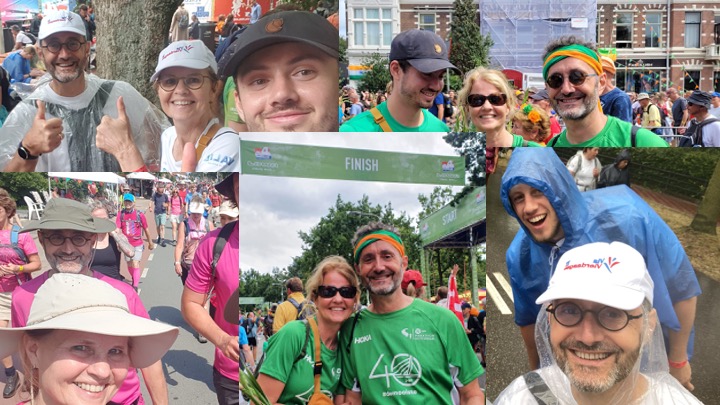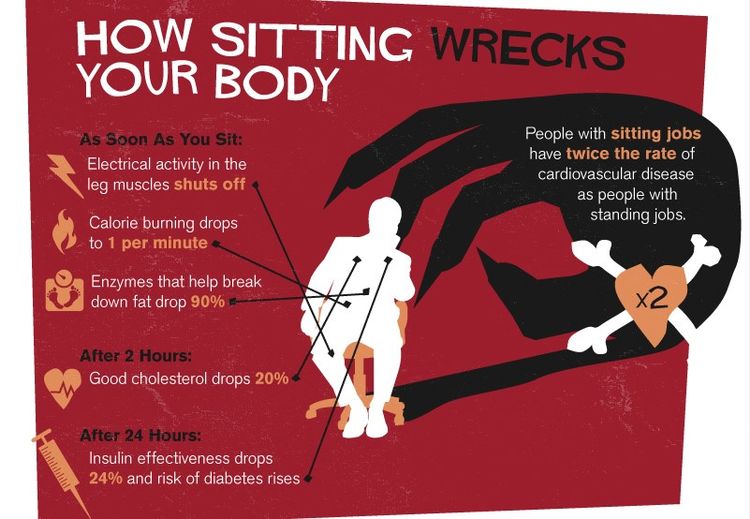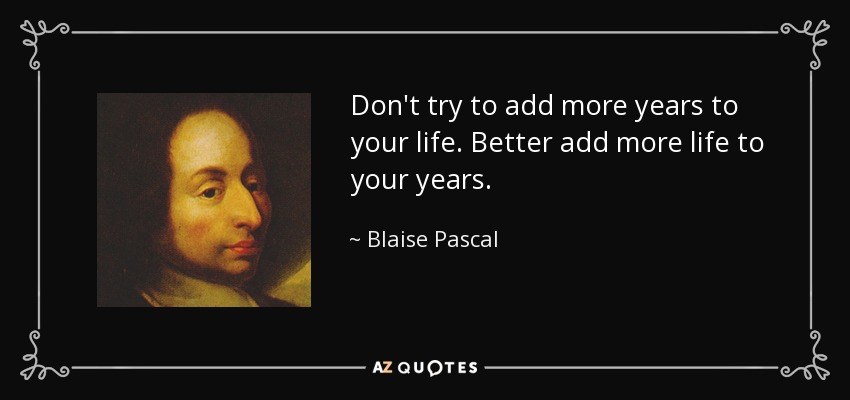When you arrive at my age – my 60th birthday is looming at the horizon – you see friends and family around you increasingly struggling with their health. The issues range from small chronic pains like arthritis to serious issues like senility and even dementia.
Luckily relatively new bodies of science show us that what once seemed inevitable is not. As you grow old you don’t have to get sick. Epigenetics for instance even tells us that heredity does not equal fate: “Your genes play an important role in your health, but so do your behaviours and environment, such as what you eat and how physically active you are.” Another example: research around Alzheimer clearly indicates what the main risk factors are of this disease (later more on this topic). You can do a lot of things to prevent many health hazards.
To prevent is better than to cure
Add more life to your years
For me the benefit is not so much adding years to my life but much more adding life to my years. This last sentence is based on a quote I came across during my reading about the Blue Zones. Reminder: the concept of “blue zones” is based on five areas (in Italy, Greece, South America, North America and Japan) where people live significantly longer than in the rest of the world.
It turns out one of the well-known users of the quote “exercise not only adds years to your life but life to your years” is Ralph Paffenbarger Jr. “Paff” was an epidemiologist who taught at the Harvard School of Public Health from the 1960s to the 1990s. His research demonstrated that “every hour of vigorous physical activity earns the exerciser an extra two or three hours of life.”
My aim to stay healthy as long as possible led me to make changes to my lifestyle. As you know if you read my blog eating healthier is top of my list. Another change I made was to exercise more. In turn I challenged myself to run long distance races and take part in walking events such as “the walk of the world”.
Do not do like me!

That’s where you can draw the line. Hence the “do not do like me”. What I do is not necessary to stay healthy. I wrote “Do not do like me, not quite” because, as mentioned, earlier it is demonstrated that exercise is good for you. A question you may have: how much exercise do I need, and what kind of exercise?
… Not quite!
These are tough questions to answer. For one thing: your metabolism is not the next person’s. And there are many factors that come into play. Unfortunately, scientific research is rarely conclusive where it comes to complex, holistic behavior changes. In any case, it is clear that “Leading a physically active lifestyle can have a significant impact on the wellbeing of people with dementia.” Even better: “regular physical exercise can reduce your risk for developing Alzheimer’s disease by up to a stunning 50%.”
Setting Alzheimer aside and looking at your immune system in general it is clear that regular physical activity plays a role in preventing illnesses.
Sitting is the new smoking
Evolutionary speaking, we have been designed for movement to survive as hunters and gathers. Progress unfortunately is not always good: in the Western world our living environment has changed so that many of us often find ourselves sitting for hours on end. One you wake up, you make your breakfast and sit to eat it, or do that while sitting in your car. You sit behind your desk or at meetings. Drive of commute back home sitting. Sit for dinner. Sit on your couch to watch the latest series on Netflix of whatever, then you go to bed.

Facts:
- The Dutch have been European sitting champions for a few years in a row (Note: unfortunately less than a third of all countries report sitting time)
- Sitting increases the risks for cardiovascular disease, lowering HDL (Good Cholesterol) Cholesterol, insulin issues which could lead to type 2 diabetes, obesity and a variety of cancers.
In other words: get out of your lazy chair!
So, how much exercise do you need?
All the sources I consulted give different answers to the question “how much exercise does one need?” My advice:
- Do 1 hour of moderate-intensive aerobic exercise (walking, cycling, slow jogging, yoga);
- Spread those sixty minutes over two of three times twenty minutes;
- Do that at least 5 times a week.
Sounds like a lot? Come on! Be honest and face the truth: if you’re an average person you probably spend 2 or 3 hours per day on your butt watching TV, scrolling your social media feed, talking to friends on the phone… And you really can’t find 20 minutes for a quick walkabout?
